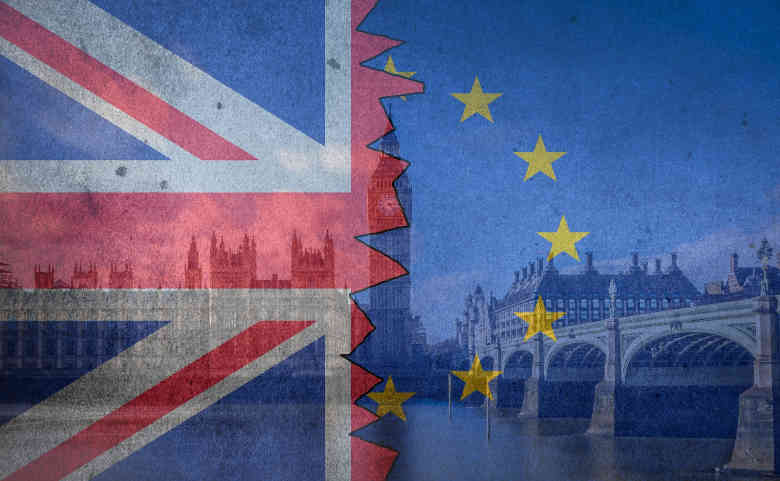The Telegraph, 8th July, Michael Burrage
Our image of what it will mean to trade with the EU under WTO terms is still heavily influenced by the long-running campaign against no deal after the referendum; by its metaphor of crashing out, by TV clips of tailbacks and empty supermarket shelves, by accounts of the difficulties of trading under WTO terms, and by the predictions of HM Treasury and other economic modellers that it would lead over time to serious losses of UK GDP. It was presented as the worst possible post-Brexit option.
No doubt this is why the Prime Minister likes to refer to trading with the EU without a trade deal as an Australian relationship. It means the same as trading under WTO terms, but has none of the depressing connotations. He might equally well have called it the American or Brazilian or Indian relationship, for they too have been trading with the EU under WTO rules, and the preceding GATT rules, for decades.
As it happens, many of their exports of goods and services to the EU have grown faster than those of the UK, even though their trade with the EU has not been frictionless, quota and tariff free, and they are not, of course, near neighbours.
The UK will, therefore, be far from alone when it trades with the EU under WTO terms. The UK has itself been trading under WTO terms with most countries in the world far more successfully than with its EU neighbours. Over the past two decades 1999-2018, the real growth of frictionless tariff-free UK exports to the 14 original members of the Single Market has barely risen above zero, at a real rate of 0.56% per annum.
Click here to read the piece in full.

